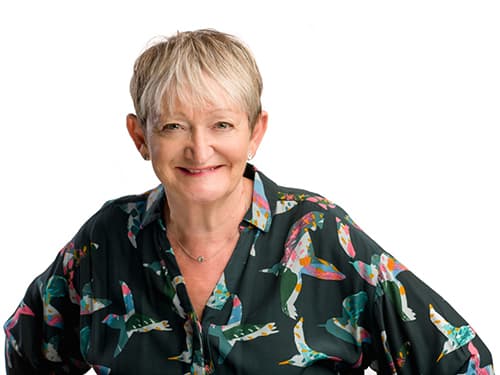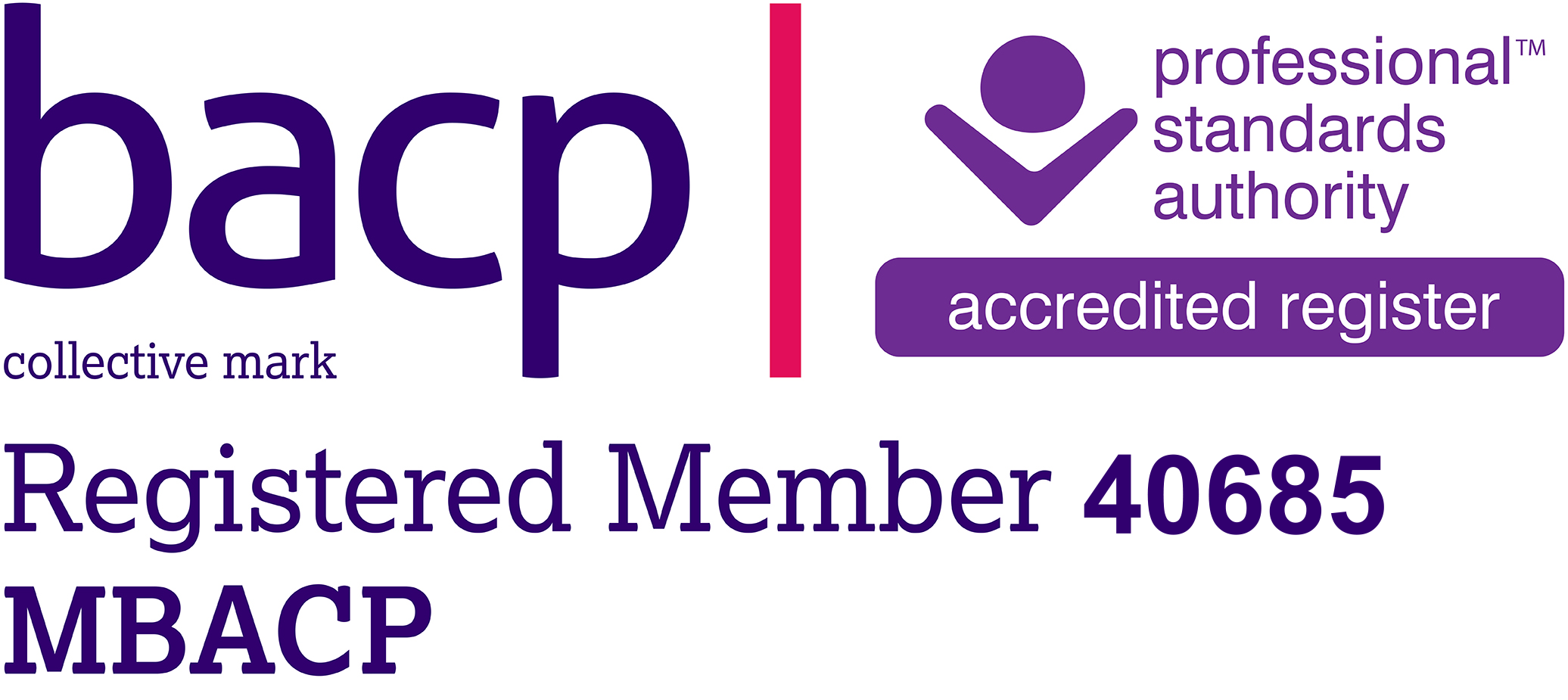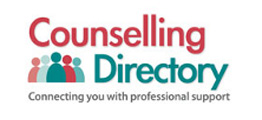Men and Therapy
Statistics show that men are less likely to seek help with their mental health than women.
The Public Perceptions Survey 2025, carried out by BACP, showed that 29% of men have had counselling at some point in their life, as opposed to 41% of women. In turn, figures show suicides by males to be higher than females.
A recent article in the Counselling Directory by David O’Hara provides some insight into why this might be the case, and what men can expect when they do start counselling.
David offers that men feel pressured by society, with an expectation that they will be strong and resilient. This feeling is amplified by many men not being shown early in their lives how to be emotionally vulnerable or how to start dealing with feelings.
However, he does feel that it is a problem that can be fixed, starting with demystifying therapy for men, to allow them to understand what to expect.
Gender Balance of Therapists
It’s no secret that there is a gender imbalance within our profession. Look up the Counselling Directory for your area, and the results are likely to offer you many more options to speak to a female therapist than male.
As David points out, this does not mean that the quality of care is diminished in any way. But it could be off-putting to a male who is looking for support. They may be looking for a male therapist, believing they’ll be able to understand and relate more to the issues they are experiencing.
Starting therapy can be daunting in the first place, and this may be a further obstacle for any male looking to try it.
Within Practice
In my years in practice, I’ve worked with a variety of clients. I agree, that for many male clients it’s important that they have the option to work with a male therapist. At my practice at PAC Exeter, there are three of them, so you have the choice.
We may be based in Exeter, but most of the community of counsellors and psychotherapists work online as well, so you can access us from anywhere.
Choice in how you engage with therapy is a key part of the process. It’s important to find one that fits your needs and situation.
And if it’s not for you, that doesn’t mean there isn’t support out there for you. David’s article helpfully offers practical alternatives which may be better suited to those who feel therapyisn’t for them.
Visit the Useful Links page on this website for details of other support services who may be able to help you.
Source: The Counselling Directory



